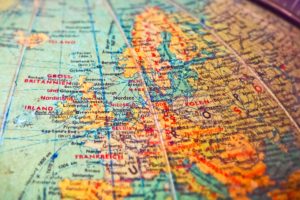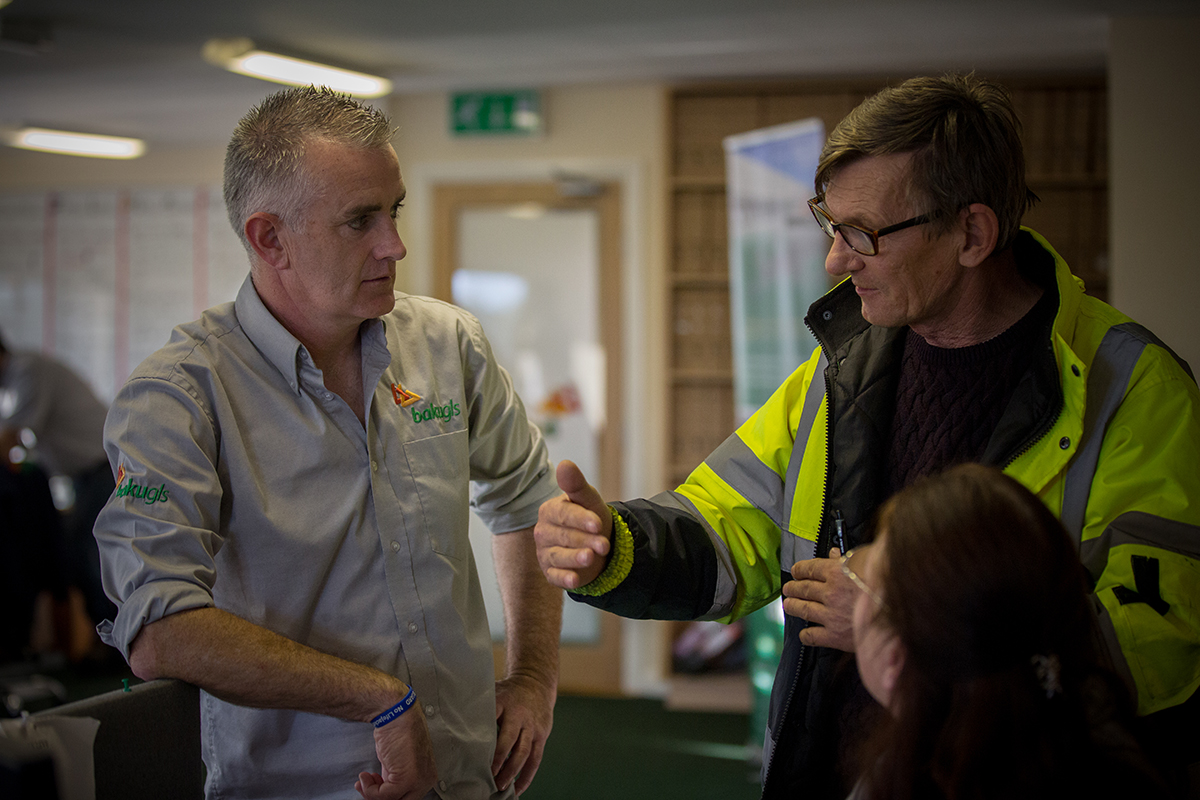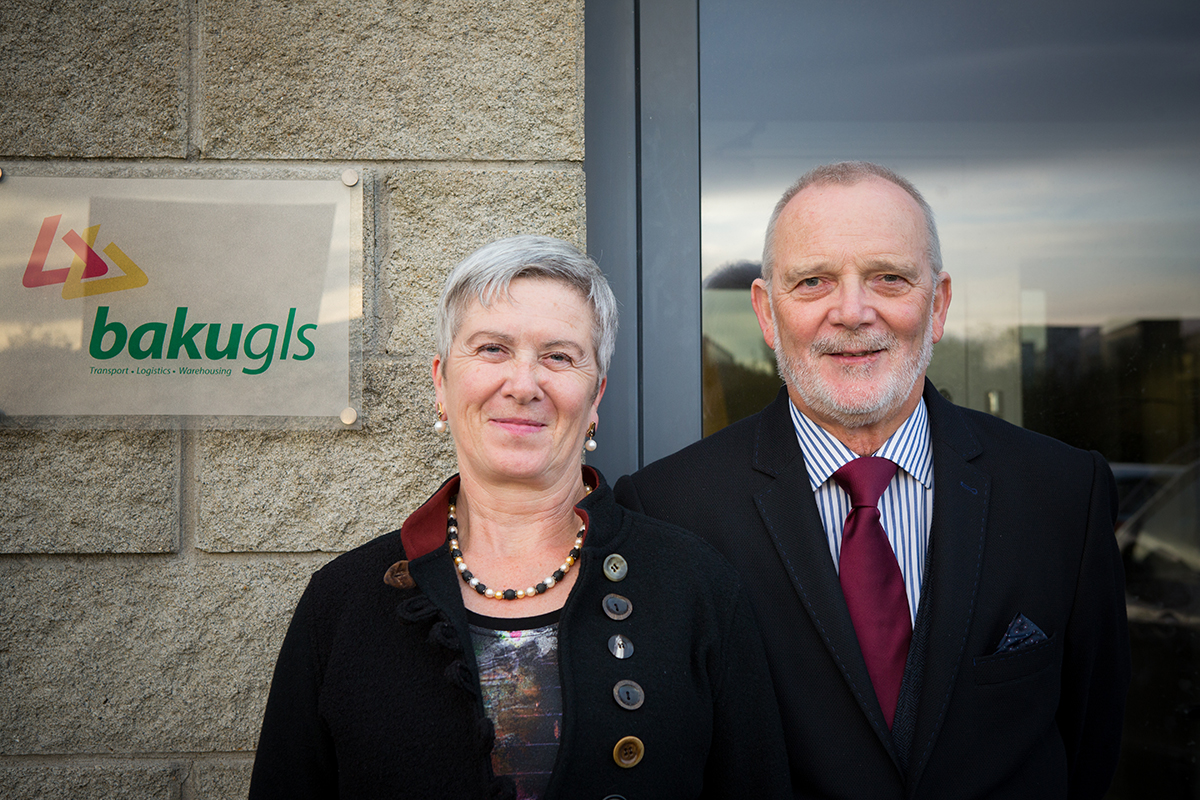
If the UK becomes a third country after Brexit, Irish customs authorities will have to process 12 times as many import/export declarations, and a whopping 100 times as many transit declarations.
This week’s article looks at the current third country customs procedures in the EU, and what those of us who trade with the UK need to do to be ready for third country duties after Brexit.
What does ‘third country duty’ mean?
The term ‘third country duty’ usually refers to the customs duty payable on any goods entering or leaving the EU bloc. Irish businesses who plan to trade with the UK after Brexit need to be ready for the costs of third country duty after the Brexit transition period comes to an end.
Who has to pay customs duties?
As a rule, anyone selling into, or out of, the EU should plan for the costs of customs duty, excise duty and/or import tax. In some cases (e.g. Switzerland and Turkey), there are customs deals in place with the EU that keep these costs low or negligible, but for most third countries (e.g. Japan and the USA), customs duty is a normal part of trade. Depending on the Incoterms governing the transaction, third country duty is payable by the seller or the buyer — learn more on our handy Incoterms guide.
Are EEA countries third countries?
Iceland, Liechtenstein and Norway could technically be defined as third countries because they are not in the EU, but there’s a world of difference between these countries and a ‘typical’ non-EU third country. Third country customs costs don’t really apply within the EEA, because the EEA agreement guarantees the ‘four freedoms’ (free movement of goods, people, services and capital).
Which countries are not in the EEA?
The EEA only covers the continent of Europe, so countries like Canada and Australia will always sit outside of the EEA agreement. At the moment, Switzerland is the only Central European country that is not in the EEA. Most Balkan nations (Albania, North Macedonia and Montenegro for instance) sit outside of the EEA (if they join the EU in future, they’ll automatically join the EEA at the same time). The UK will leave the EEA when it leaves the EU.
What happens if you don’t pay customs duty on third country imports?
It’s not possible for goods to complete their journey until all customs duties and import taxes are paid in full. If customs duty is not paid on third country imports, then the goods are either held for up to 90 days, sent back to their country of origin or destroyed.
Even if you pay all of the customs duties, problems with third country customs paperwork can still cost you dearly. In Ireland today, the penalty for late submission of a customs declaration can be as much as €2,000 — further fines are incurred if you file an electronic declaration without the appropriate documents, if you don’t comply with the rules governing valuation of goods or if you make a mistake on your declaration.
If you’re planning to import/export goods from/to the UK after Brexit, then now is the time to study up on third country customs rules. Customs duties, excise duties and import VAT may need to be paid on UK imports/exports after 31st December 2020 — it all depends on how many bilateral trade agreements the EU and UK can sign before this date.
Standard Third Party Customs Procedures:
The import/export of third country goods to/from Ireland can be very complex, depending on what you’re trying to do. If you’re bringing goods into Ireland, for instance, you need to…
- Prepare import documents,
- Obtain an import licence,
- Make goods available for inspection at the border,
- Pay all relevant duties and taxes,
- Keep all of the paperwork for future a posteriori surveys (audits)
If you don’t follow each of these steps correctly, you can face significant fines and penalties. Similar steps need to be followed if you’re exporting goods. The best way to ensure that customs procedures are followed correctly, and to keep costs under control, is to work with a customs expert. This can be a third-party customs broker or your transport and warehousing provider.
Customs Procedures for AEOs:
As an Authorised Economic Operator, Baku GLS can move goods swiftly through the ports with simplified customs procedures. AEOs are the only operators who can avail of simpler paperwork requirements, fewer physical and document-based controls and priority queues at customs. AEO status is only awarded to the most reliable transport operators who can demonstrate an exceptional track record of compliance, safety and security. Learn more about Baku’s AEO status.
Will the UK leave the EEA when it leaves the EU?
When the UK leaves the EU, it will have to leave the EEA as well. The current EEA Agreement (Article 126) defines the EEA as including all EU member states, Iceland, Liechtenstein and Norway – that’s it. There’s no legal framework for the UK to hold on to EEA member status after Brexit, nor is there an automatic right to EEA membership as a non-EU member state after Brexit Day (31st January 2020).
Technically the UK could apply to re-join the EEA after they have left the EU, but even if they wanted to do this, it’s unlikely that fresh legislation could be passed before the end of the Brexit transition period (currently scheduled for 31 December 2020). All of our European clients who trade with the UK should therefore prepare to follow third country customs procedures as soon as possible.
Customs Support after Brexit
In response to Brexit, Baku GLS have invested in our customs expertise. We can now offer a bespoke third country customs support service to our clients. We can provide any/all of the following services for clients who import/export to/from the UK:
- Customs brokerage
- TARIC coding advice & HS code compliance
- ISF filing & Phytosanitary certificates
- ATA Carnets for temporary import/export
- Bonded freight & warehousing
- Cargo manifests and declarations
Find out more about our bespoke customs support services.













